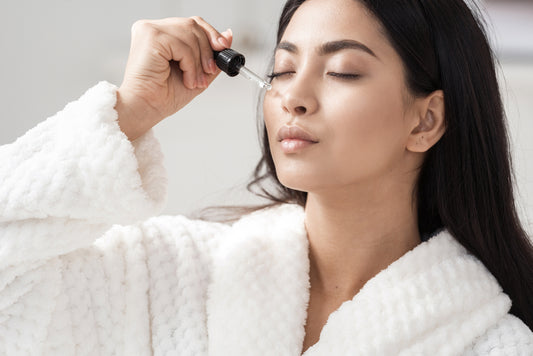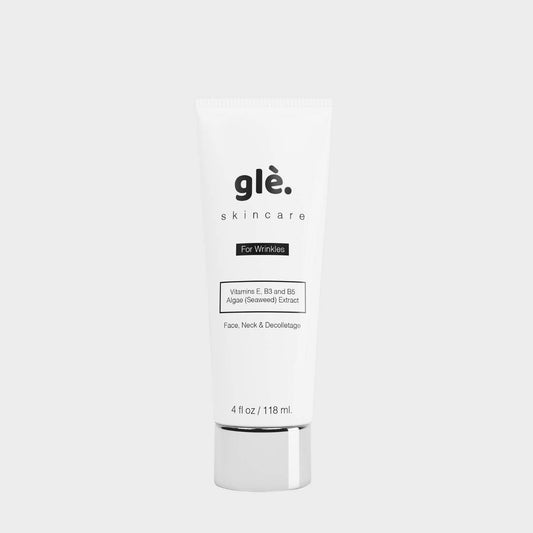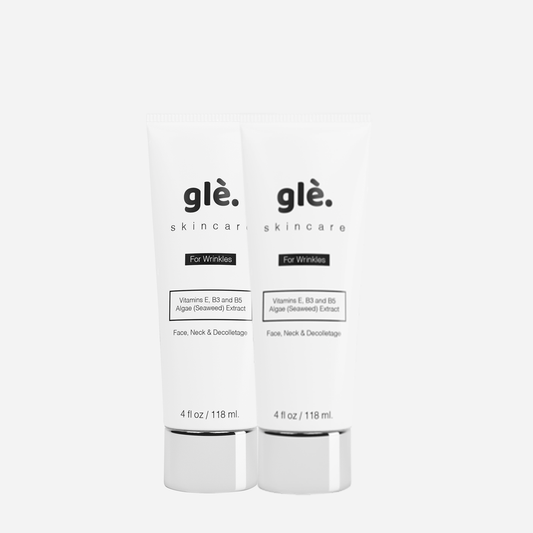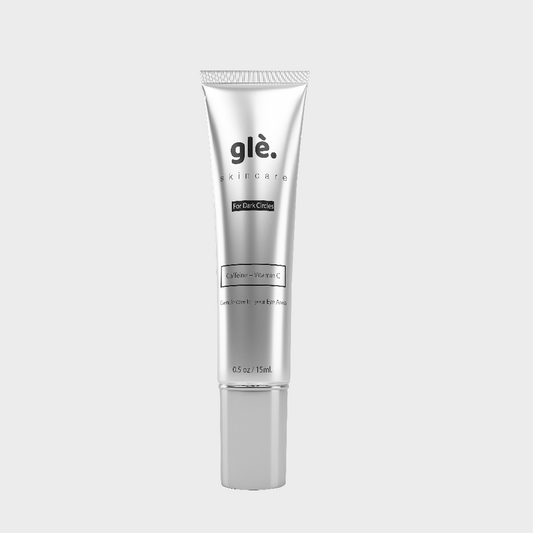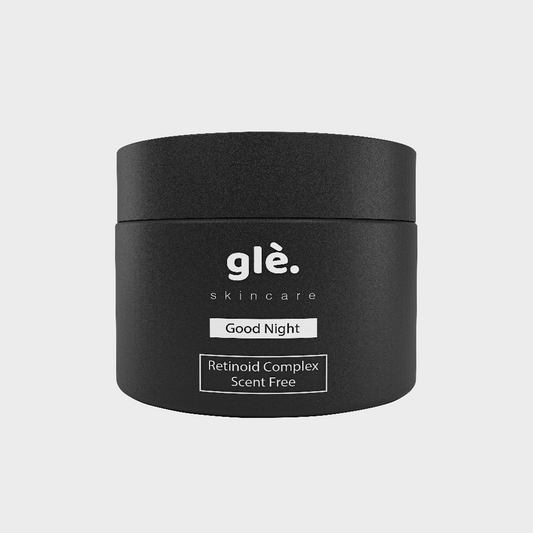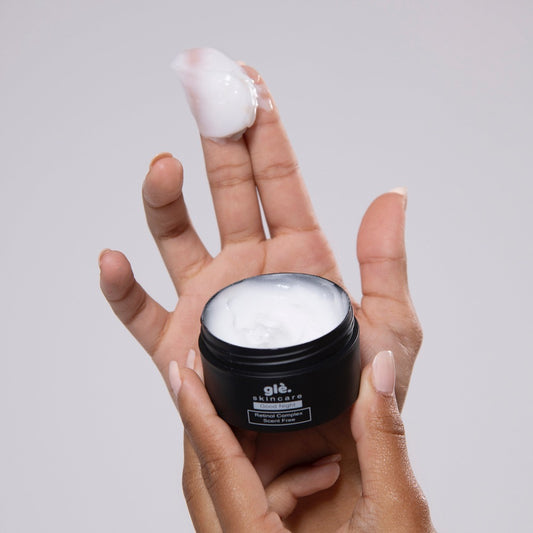Move over, coconut oil, there’s a new fad in town. It goes by the name jojoba oil (huh-how-buh-oyl), and dermatologists want all of us to start using it. If you’re on the fence about adding oils to your skincare routine, we’ll give you five reasons why jojoba oil should be added to your beauty regimen and how.
Moisturizes All Skin Types
If you have dry skin, you’ve probably used coconut oil, vitamin E oil, and other moisturizing skincare products. But have you tried jojoba? Jojoba oil acts like the skin’s sebum, mimicking the oils we naturally produce. Being almost identical allows it to moisturize the skin without clogging pores or creating acne. Most people believe that dry skin is a prereq for using oil, but jojoba oil works for all skin types.
Helps Treat Acne
If you need further proof that jojoba works for all skin types, here it is. People with acne-prone skin can incorporate this oil into their regimen for its anti-inflammatory properties, minimizing breakouts. Additionally, an over-production of sebum is generally the cause of acne. Because jojoba is so close to our skin’s natural oil, it essentially “tricks” the body into thinking it has produced enough sebum.
Prevents Skin Dehydration
Several factors can dehydrate your skin (weather, poor diet, lack of water, excess caffeine – to name a few) which creates dullness. Reduce dull skin with a few healthy drops of jojoba oil! As you know, jojoba is a moisturizer, which ultimately reduces the appearance of lackluster skin, creating a healthy afterglow. Dermatologists recommend applying five drops after cleansing your skin. Don’t worry about rinsing it off afterward, as the oil absorbs quickly into the skin.
It has Antioxidant Properties
Even if you don’t know what an antioxidant is, you probably know it’s good for your skin – and overall health. Simply put, antioxidants keep our skin looking young, as it protects skin cells from damage caused by free radicals (i.e., pollutants and UV exposure). Packed with forms of vitamin E (an antioxidant), jojoba oil protects the skin from pollutants and other toxins we’re exposed to daily.
You (probably) Won’t Get Allergies
For the most part, jojoba oil is considered hypoallergenic. When the skin absorbs the oil, it’s rare to experience irritations and allergic reactions. This goes for all skin types, including people with sensitive skin. Even though there’s a low risk of irritation, you can err on the side of caution and perform a skin test. Apply a pea-sized amount to a small test area and if after 24 hours, you do not react, apply as desired.

How to Use Jojoba Oil?
You can buy skincare products that contain jojoba oil. Many popular moisturizers and creams on the market use it as a primary ingredient. You can also purchase organic jojoba oil and apply it everywhere your body will benefit, including:
- Skin (hands, face, affected areas, etc.)
- Cuticles
- Hair (can heal dry ends)
- Scalp (promotes hair growth)
There’s no right or wrong way to use jojoba oil – unless you digest it! If you have dry skin, you can get away with using it daily. If you have oily skin, you may be able to use it daily, but we recommend trying it for a few days to see how it affects your skin (and hair). If you develop breakouts, consider applying the oil every other day or mixing it into your current skin and haircare products.





